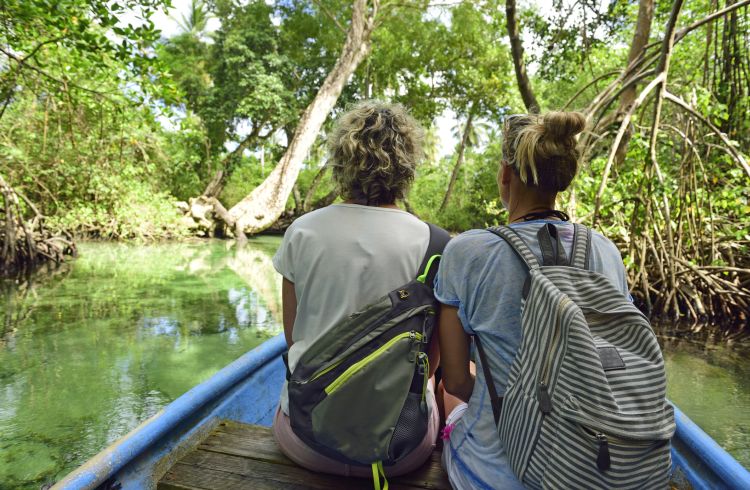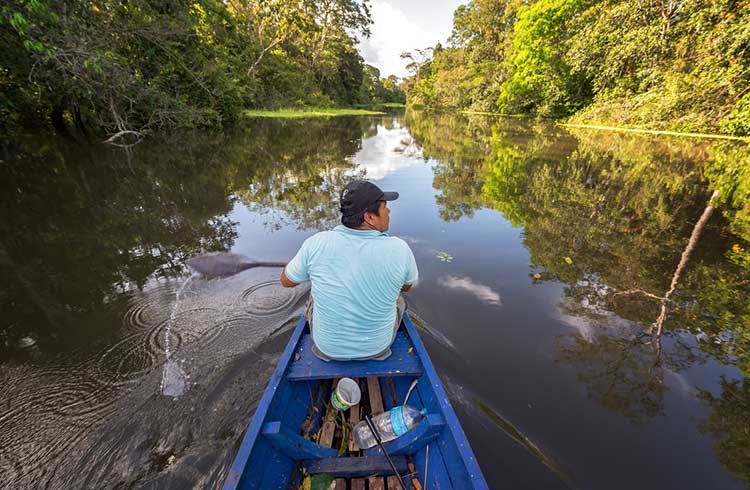Travel Health: Chikungunya
What is chikungunya? What are the symptoms and how can it be treated? What you need to know before you travel.
 Photo © GettyImages/Westend61
Photo © GettyImages/Westend61
How it Spreads
Chikungunya is a mosquito-borne viral disease that was first discovered during an outbreak in southern Tanzania in 1952. Related to Ross River Fever, it's spread by the two mosquitos which also spread dengue fever. The name "chikungunya" derives from a root verb in the Kimakonde language, meaning "to become contorted" and describes the stooped appearance of those suffering from the disease.
Regions Affected
- Caribbean
- Central America
- India
- South America
- Southeast Asia
- Sub-Saharan Africa
Vaccination
Currently, there is no vaccination available for chikungunya.
Duration
The International Association of Medical Assistance for Travelers reports that symptoms tend to incubate over three to 12 days after being bitten.
Symptoms
Those infected with the virus may experience the following: joint pain, fever, skin rashes, headache
Treatment
Treatment for chikungunya is based on symptoms present plus hydration, rest and pain relief. Most patients recover after a few weeks. Chikungunya is rarely fatal and once you have been infected with the disease, you become immune to future infections. Do not take pain killers such as aspirin or ibuprofen as these medications thin the blood and increase the risk of bleeding.
Prevention
- Cover up with long-sleeved clothing, preferably light-colored
- Treat your clothes and gear with permethrin. It lasts about two weeks, even after a couple of wash cycles
- Use a strong DEET based insect repellent (30-35%)
- Reapply DEET before you go out in the evening
- Keep windows closed and use air-conditioning (if available) at your accommodation
- Sleep with the fan on (if available). Mosquitoes aren’t strong enough to fight the current of most fans
- If there is no AC or fan, sleep under a mosquito net treated with permethrin and tuck the ends under your mattress. Don't forget to check for holes in the net.
Related articles
Simple and flexible travel insurance
You can buy at home or while traveling, and claim online from anywhere in the world. With 150+ adventure activities covered and 24/7 emergency assistance.
Get a quote

No Comments